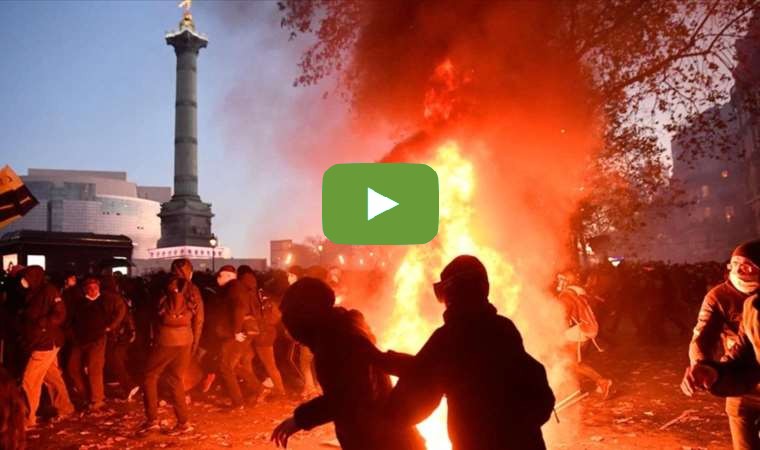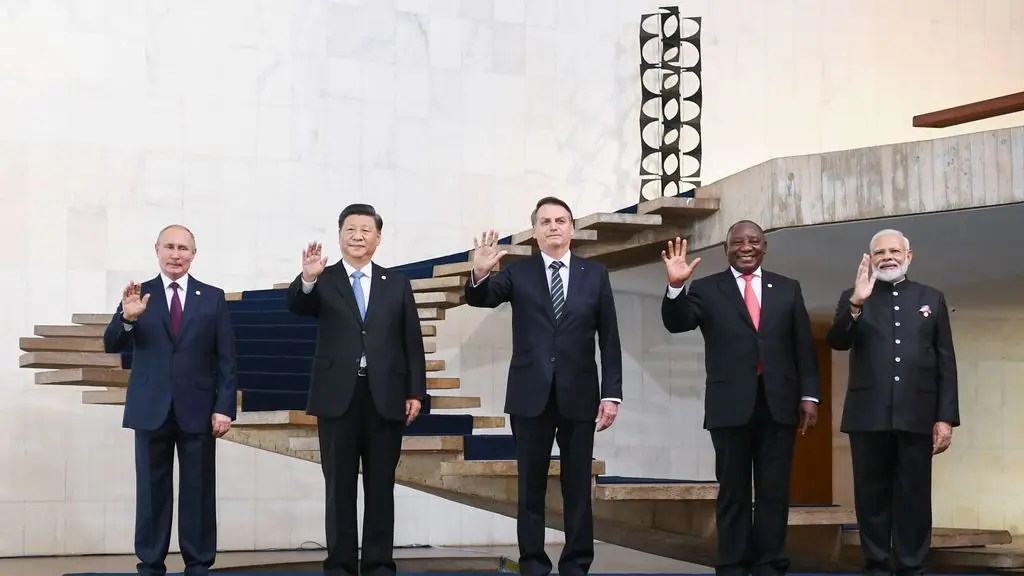
As the world watches, the global economic titan, BRICS, is secretly charting a new course, a path that could very well alter the power dynamics of the world. According to inside sources from within the coveted halls of this alliance, not 10, not 20, but 44 countries are now salivating at the chance to align themselves with BRICS.
But why?
When Anlil Sooklal, South Africa’s chief liaison to BRICS, spilled the beans to Reuters, stating that besides the 22 nations formally knocking on BRICS’s doors, a myriad of other countries are discreetly hinting at their keen interest, one can’t help but ask: what’s the game here? Moreover, with all major nations from the global south included in this lineup, are we witnessing the inception of an epoch where countries from the South seek to challenge the North?
BRICS, a colossal coalition encompassing Brazil, Russia, India, China, and South Africa, is extending its tentacles to seemingly disparate entities like Argentina, Iran, and Saudi Arabia. Why this unexpected camaraderie?
Perhaps an interview with Russian media giant, RT, offers some clues. In it, Sooklal paints a tale of a whirlwind year where he and his cohorts have been meticulously strategizing the ultimate expansion of this alliance. Now, the moment of truth nears. Durban, a city in South Africa, is set to become the backdrop for a pivotal Sherpa meeting next week. This session, rumored to be monumental, aims to tie the loose ends of this expansive ambition, prepping a comprehensive report for the higher-ups.
Sooklal hints, with an air of suspense, that a virtual congregation of foreign dignitaries will assemble by July’s end, set to shape the grand narrative of the upcoming August summit – the summit that could very well reshape the global geopolitical structure.
But let’s strip away the layers and stare the beast right in the eyes: what does BRICS truly represent? Established as a countermeasure to the seemingly invincible reign of the US dollar, BRICS is more than just a consortium; it’s a beacon of defiance. At its heart lies the New Development Bank (NDB), a financial behemoth that’s not only challenging the age-old Western financial monopoly but supporting both public and private undertakings of its members. And it’s this very institution that’s the key.
Naledi Pandor, South Africa’s Foreign Affairs stalwart, unveils the truth about the NDB’s prowess. A tool for emancipation, it’s enabling these nations to carve a niche in an economic landscape that’s been, for too long, under the shadows of the US and its Western allies. “The Bank,” Pandor remarks with an undertone of pride, “has allowed members to garner funds for infrastructural developments, thereby unlocking regional potential and driving localized productivity.”
So, as the world sleeps, BRICS, with its newfound partners, is plotting a course that might just challenge the way we’ve perceived global power dynamics.
The old guard might be unaware, or perhaps they’re turning a blind eye, but when the world awakes, it might be to a new dawn where the South doesn’t just whisper, but roars.
Stay vigilant, world.
The tides are shifting.





